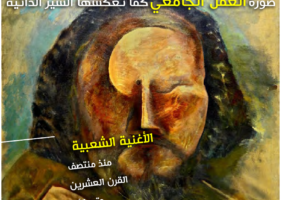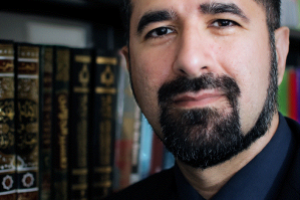Traditionalist and Reformist Discourses Pertaining to Islamic Revival
By: Armin Eschraghi
Abstract: The idea that the Muslim world is presently facing challenges in the areas of economic growth, technological innovation, and political development, is rarely contested even in inner-Muslim debate. On the other hand, Muslim societies take pride in their glorious past, a time when the Islamic Empire was leading in science, arts, trade, architecture, politics, and the like. Muslim thinkers of all persuasions have discussed a wide variety of explanations for the current state of affairs, and have suggested various ways out of the crisis. Among these, one common thread can be identified, namely the idea that the future lies in the past. Hence, the Golden Age of Islam that lies in the past should be replicated as a model for an ideal future society. The notion that the early days of Islam serve as an example for all generations to come and offer solutions to all problems of the present and future is shared by some conservative and modernist scholars and activists. This article discusses some of the numerous implications of adopting such a view. It also asks whether belief in a glorious past – apart from the question of its historical accuracy – can contribute to the betterment of society, or whether it could prove an obstacle to true progress.




